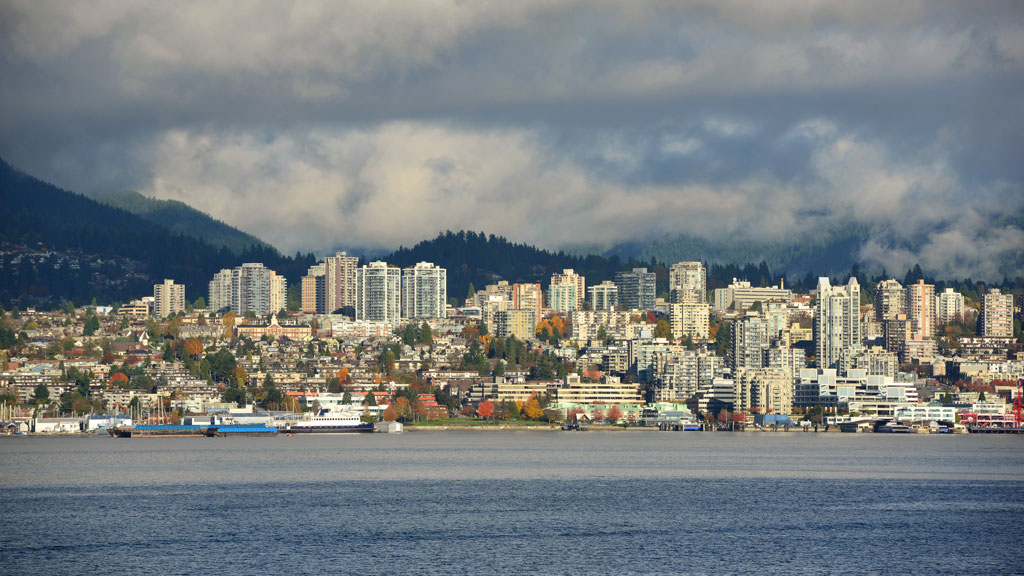VANCOUVER — Economists with Central 1, a digital banking company, are predicting a steady but slow recovery in B.C.
According to Central 1’s deputy chief economist Brian Yu, the province’s economic recovery is well underway particularly in employment, housing and retail spending but headline figures are covering underlying challenges.
Yu stated he expects 2020 to remain a series of lowlights with contractions in nearly all areas of the economy.
In his latest B.C Economic Analysis 2020-2023, Yu forecasts a GDP dip of 6.1 per cent this year, followed by a shallower recovery of about four per cent in 2021 with output returning to pre-pandemic levels in early 2022. The provincial economy is forecast to grow by 3.4 per cent in 2022 and by 2.2 per cent in 2023.
“Ongoing recovery is set to persist through 2021 and beyond – aided by major construction projects such as the LNG Canada project and the Site C Dam which were initiated prior to the pandemic – but will remain below pre-pandemic levels into 2022,” said Yu.
According to Central 1, B.C has gotten back more than half of the 400,000 jobs lost from February through April, but the unemployment rate is hovering near 11 per cent compared to five per cent in February.
“The substantial rehiring spike due to reopenings of businesses closed by the pandemic were mainly part-time roles whereas full-time employment has been slower to rebound,” said Yu. “The unemployment rate is forecast to trend toward eight per cent by the end of 2020 but will still result in an average unemployment rate close to 10 per cent due in part to the quicker rebound in labour force participation.”
Yu expects employment growth will decline by 7.1 per cent in 2020 and expand by 4.4 per cent in 2021 and by 2.3 per cent in 2022, moving employment back to pre-pandemic levels.
“The housing cycle has been a huge surprise from what was anticipated at the early stages of the pandemic, and is likely propelled by a combination of pent-up demand in March and April, substantial cuts to mortgage rates and a shift in consumer preferences given the advent of work from home and constraints to leisure activities,” Yu said.
However, Yu explained he expects housing starts to decline by more than 20 per cent this year to 34,700 units and are only expected to rise modestly after.
Yu noted the construction cycle will be tempered by lacklustre presales and a slowing of B.C.’s population growth to one per cent this year and to 0.6 per cent in 2021. This is in part because of global travel restrictions and reduced processing of permanent residency applications, added Yu.
Economic Resources: Access the latest construction economic news, forecasts, and webinars.











Recent Comments
comments for this post are closed